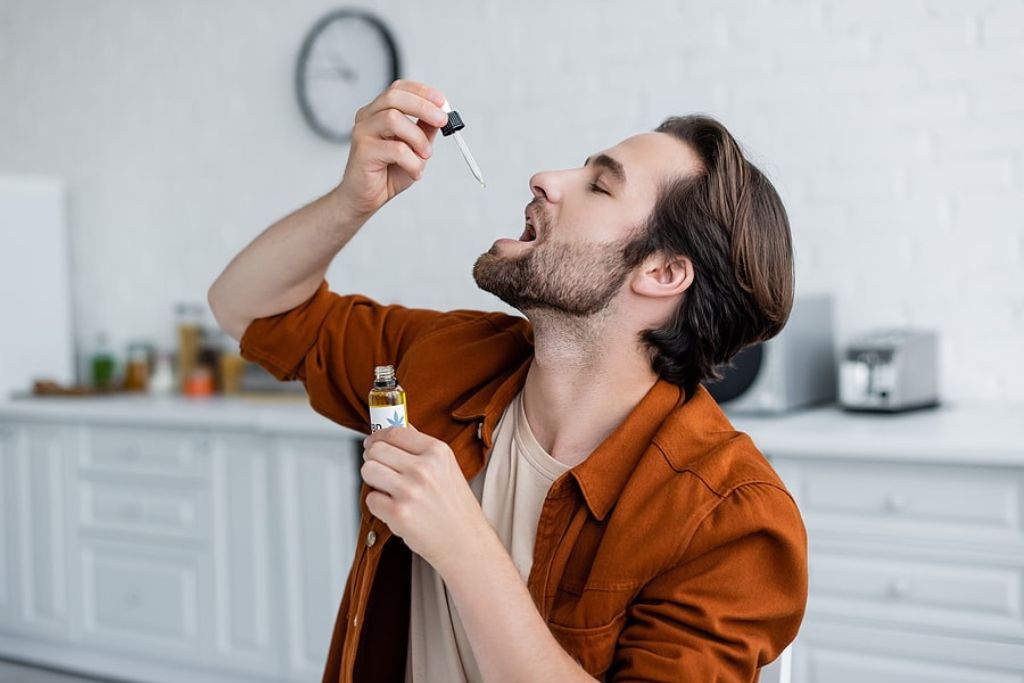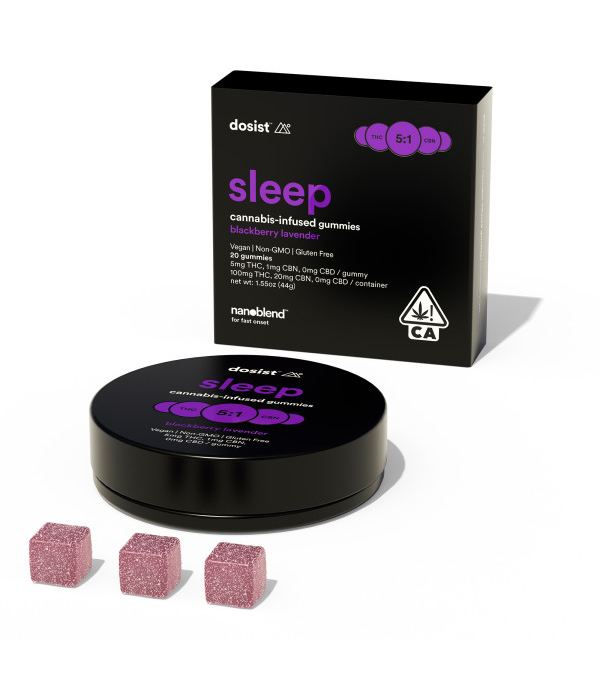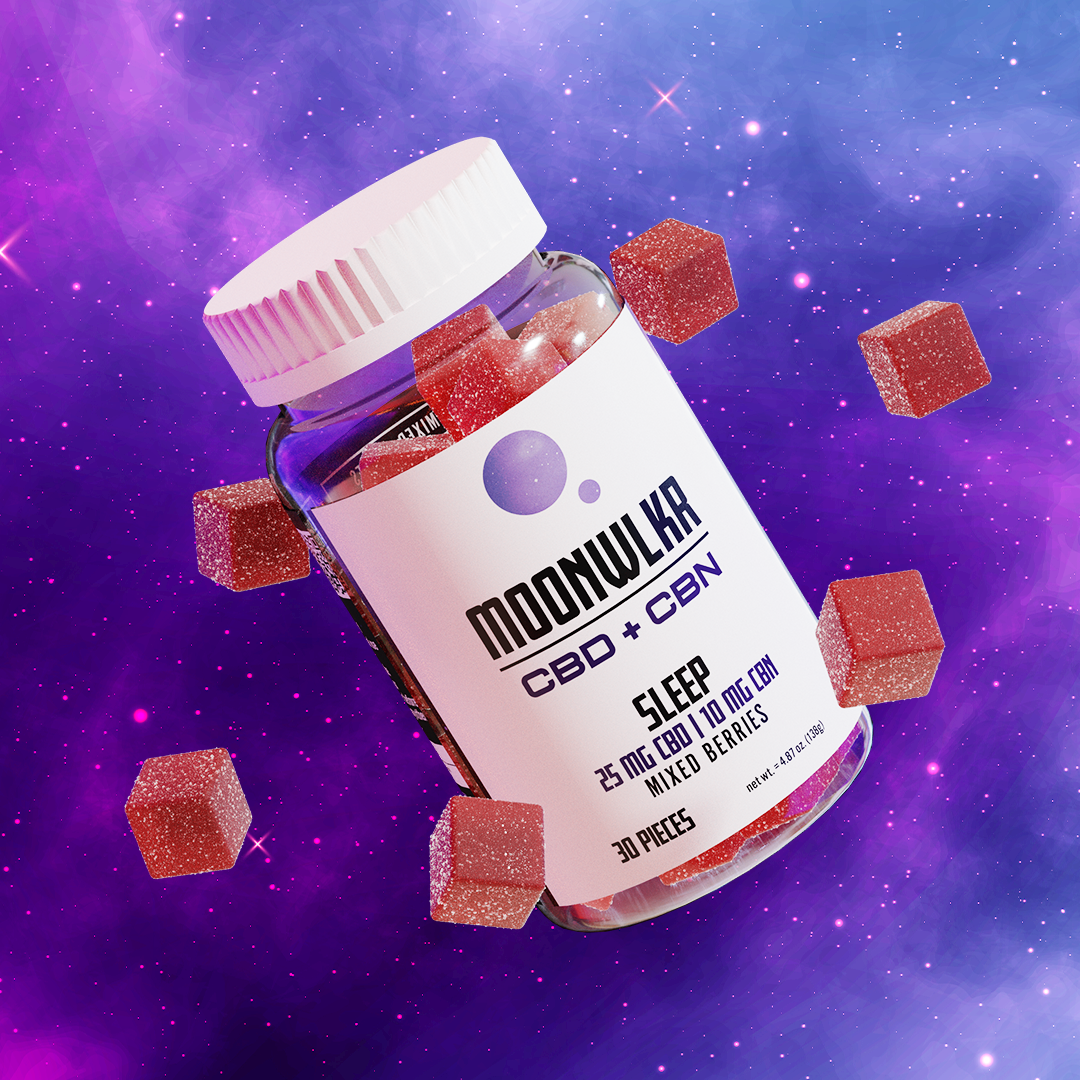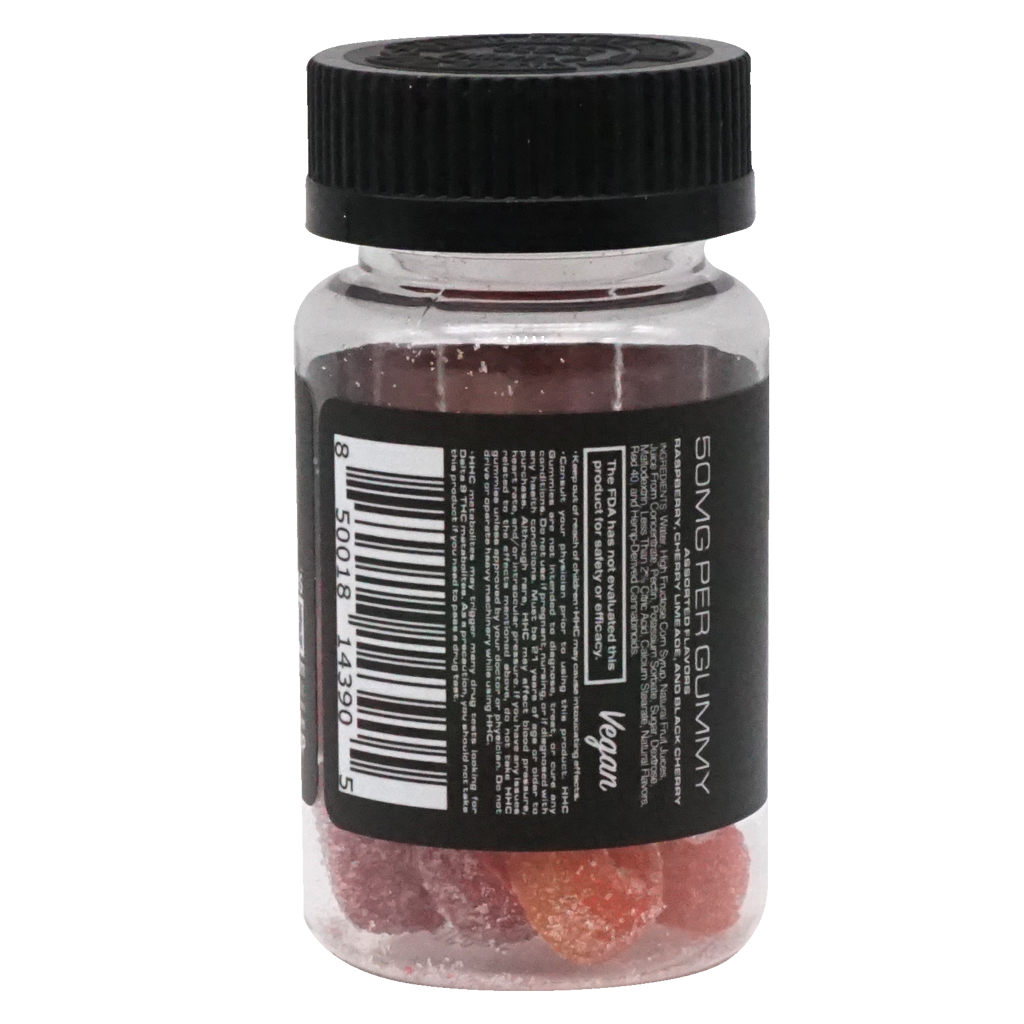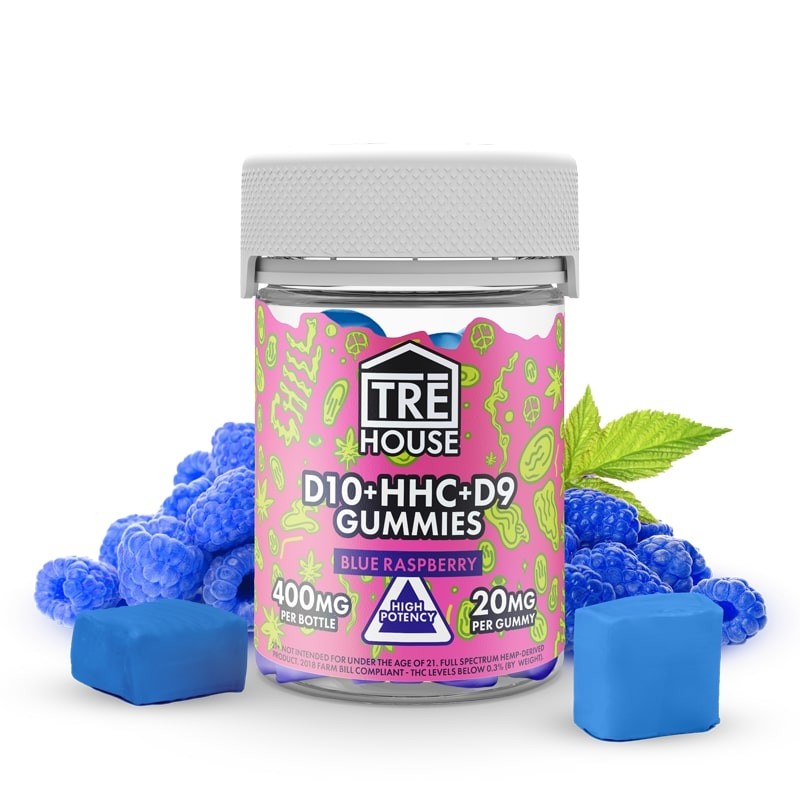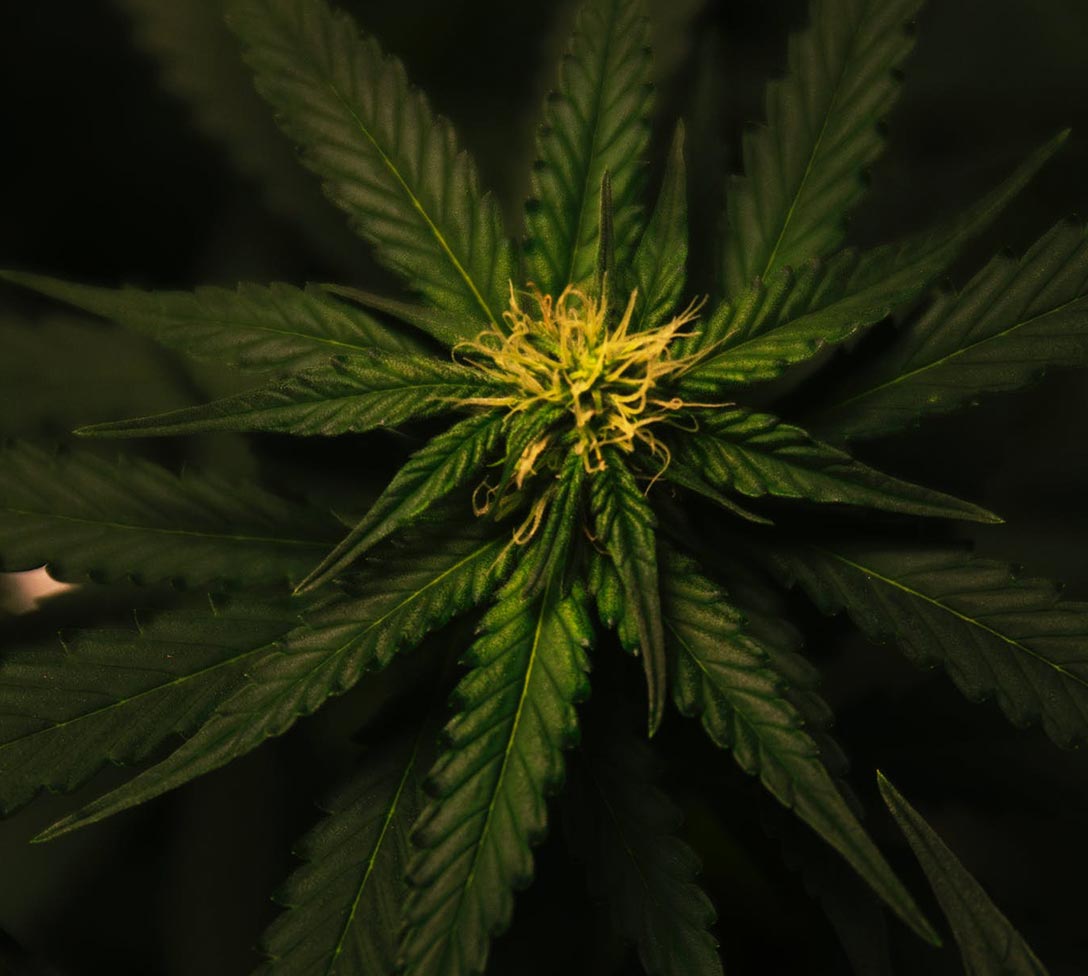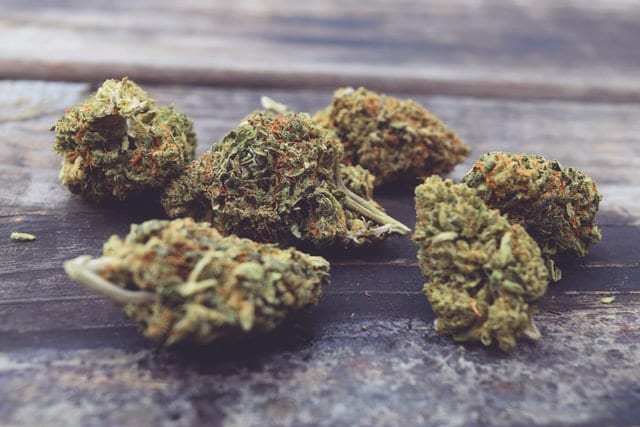Manage Chronic Pain Naturally With CBD
In the realm of natural remedies, CBD stands out as a versatile option for managing chronic pain. Its therapeutic potential has gained significant attention in recent years, offering a promising alternative for those seeking relief without the drawbacks of traditional pain medications. From arthritis to neuropathic pain, CBD benefits a wide range of conditions, providing a gentle yet effective approach to symptom management.
CBD, short for cannabidiol, is a compound derived from the cannabis plant known for its non-psychoactive properties. Unlike THC, another well-known cannabinoid, CBD doesn’t induce a high. Instead, it interacts with the body’s endocannabinoid system (ECS), which plays a crucial role in regulating various functions, including pain perception and inflammation. By modulating these pathways, CBD can alleviate chronic pain.

How CBD Works to Alleviate Pain
Research suggests that CBD may reduce pain by influencing endocannabinoid receptor activity, reducing inflammation, and interacting with neurotransmitters. These actions contribute to pain relief without causing significant side effects commonly associated with conventional pain medications. Moreover, CBD products come in various forms, including oils, creams, and edibles, allowing users to choose the best method for their needs.
Choosing the Right CBD Product
When considering CBD for chronic pain management, it’s essential to select high-quality products from reputable sources. Look for CBD derived from hemp plants grown in the United States under stringent agricultural regulations. Additionally, check for third-party lab testing to ensure purity and potency, as well as to verify that the product contains the advertised amount of CBD.
Incorporating CBD into Your Pain Management Routine
Integrating CBD into your daily routine for pain management can be done in several ways. Sublingual oils provide fast-acting relief, while topical creams can target specific areas of discomfort. CBD capsules and edibles offer a convenient option for long-lasting effects, making it easier to incorporate CBD into your lifestyle.
Potential Benefits Beyond Pain Relief
Beyond its role in pain management, CBD is also being studied for its potential benefits in addressing anxiety, insomnia, and even neurological conditions like epilepsy. Its versatility and favorable safety profile make it a compelling option for holistic wellness approaches.
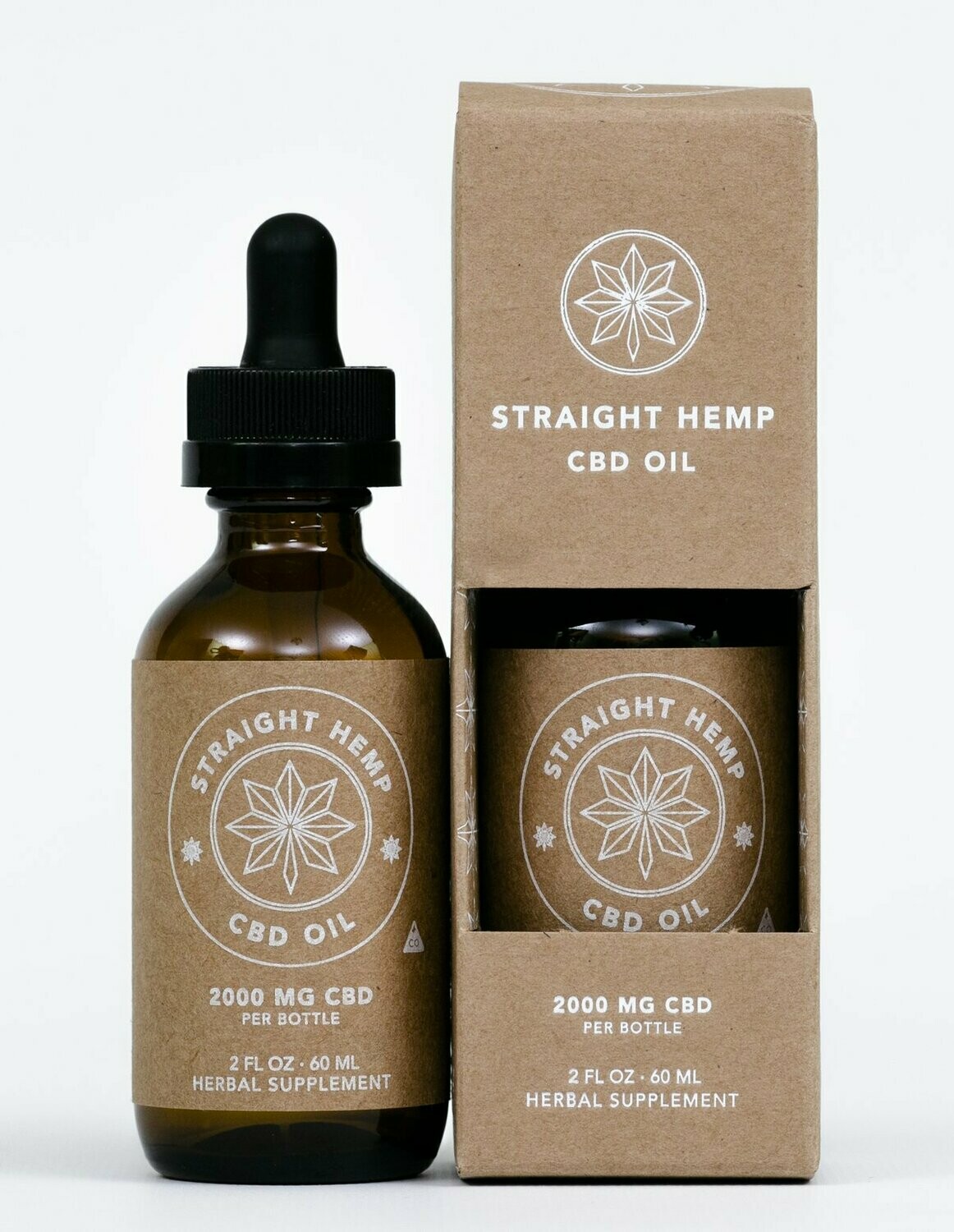
Conclusion
As research into CBD benefits continues to expand, its role in managing chronic pain is becoming increasingly recognized. Whether you’re dealing with arthritis, migraines, or chronic back pain, CBD offers a natural alternative that holds promise for improving quality of life without the risks associated with traditional medications. By understanding how CBD works and choosing high-quality products, you can harness its potential to alleviate chronic pain effectively and safely.


